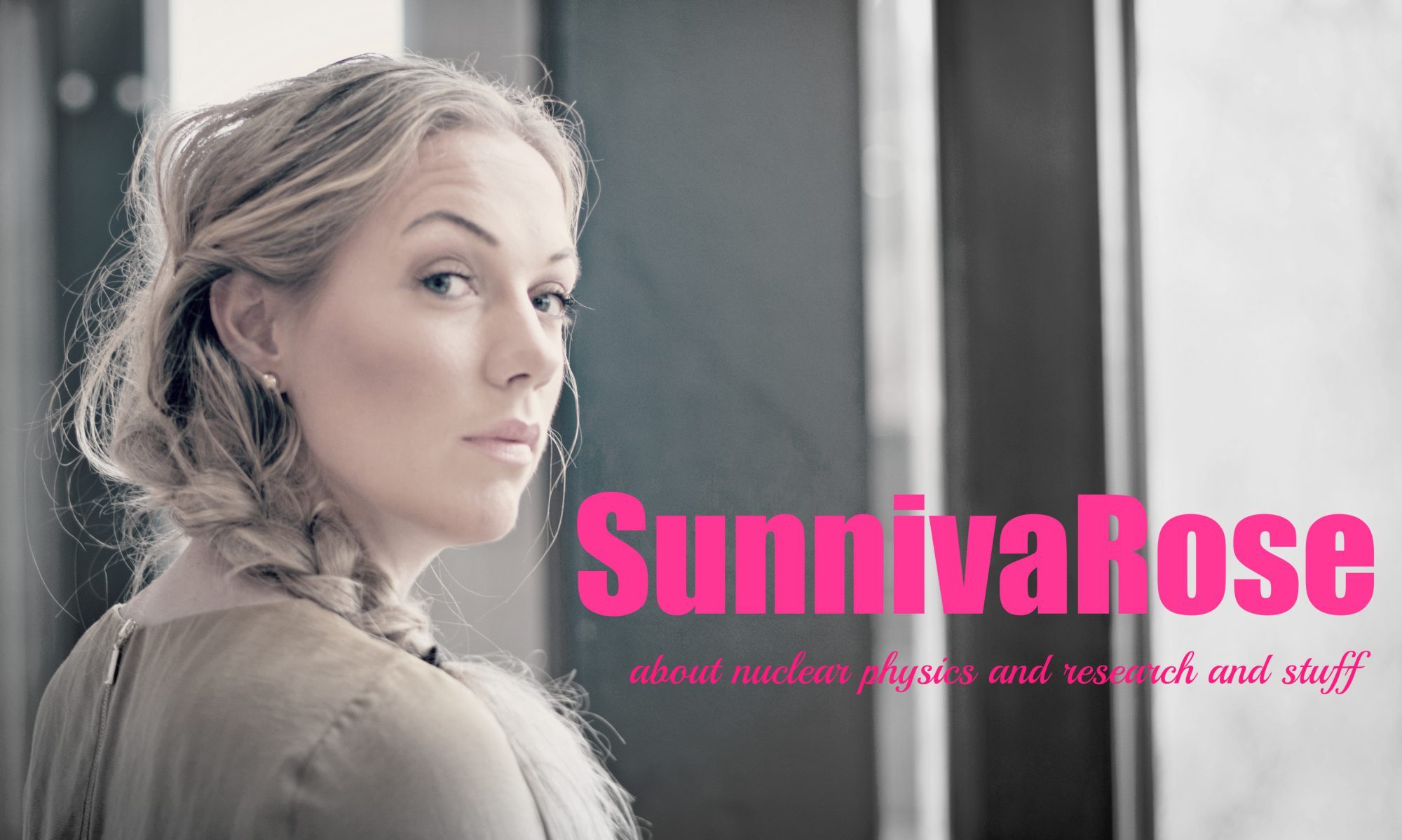So, Friday two weeks ago I was answering questions on the radio, in "Abels Tårn"; together with Bente Wahl (meteorologist) and Anna Kathinka Dalland Evans (astro physicist) - it was so much fun, and so cool that we were all girls and sort of representing all of the FAM - "physics, astronomy, and meteorology" program.
The questions I answered was about reactors (what a great shock ;)):
When one talk about boiling and melting of reactors - does that really mean boiling and melting as we normally use those words?
The short answer here is simply YES 🙂
Boiling means boiling - as we know it. The boiling water reactors have water as a coolant, and with the pressure and temperatures in such a reactor, this water is boiling - which it is supposed to. In other reactors, like a pressurised water reactor (PWR), however, the water should not boil, and they are constructed in such a way that this doesn´t happen. If the water in a PWR is boiling, something is seriously wrong.
Melting means melting. The fuel in a reactor is solid, and it is supposed to stay that way, even though it is really hot inside the reactor (where the fuel is). If there is a severe accident, and the coolant (in most cases water) disappears, the fuel will be even hotter, and it may melt (at almost 3000 degrees celsius...)
So, when there´s talk about boiling, it´s about the coolant/water, and when there´s talk about melting, it´s about the fuel 😉
me dressed for cooking and boiling and melting and stuff <3
------------------------------------------------------
Today I´m going back to answer more questions - and I can tell you it will be something about nuclear physics and radiation and radioactivity...and if there´s time there may even be something about cold fusion.
It starts at 10 in Realfagsbiblioteket at Blindern, and there´s free coffee and waffles for the guest <3



There's something I've been trying to find out about those meltdowns: Given oxygen access, would it burn, and burn hot enough to sustain combustion?